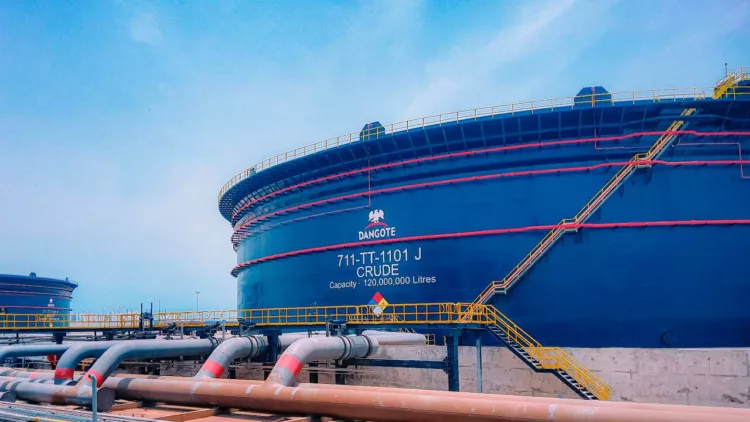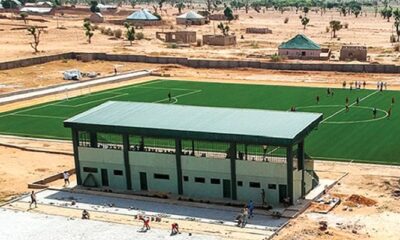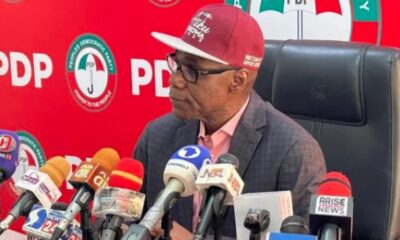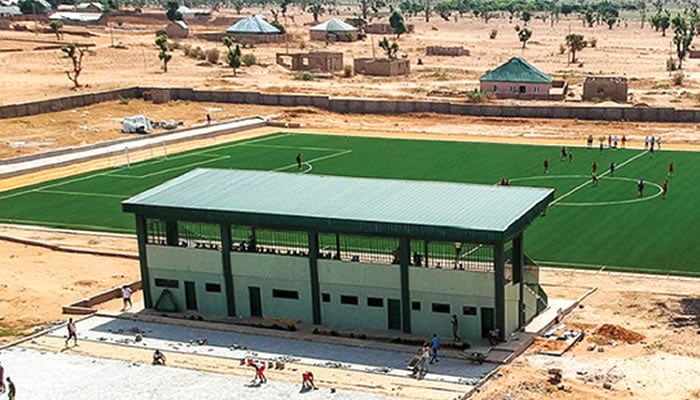International financial analytics corporation, S&P Global, has described the 650,000 barrels per day (bpd) Dangote Oil Refinery and Petrochemicals company as capable of resolving Nigeria’s foreign exchange (forex) issue and its huge pressure on the local Naira currency, while also catalysing the country’s economic development.
S&P Global, headquartered in Manhattan, New York City, disclosed this during an onsite visit to the Dangote Refinery at Ibeju-Lekki, Lagos as part of its sovereign credit ratings assessment of Nigeria. The team from the international rating agency were accompanied by officials from the Federal Ministry of Finance.
S&P noted that the largest single-train refinery complex in the world would bolster Nigeria’s oil sector and, more importantly, also have a positive impact on its growing economy.
Director and Lead Analyst, Sovereign and International Public Finance Ratings, S&P Global Ratings, Ravi Bhatia, who led the delegation to Lagos, said Dangote refinery would transform Nigeria into a net exporter of petroleum products. He added that this transformation is expected to boost revenue generation and alleviate the current pressure on the country’s foreign exchange reserves.
“It is a very impressive facility, able to process 650,000 barrels a day, when in full capacity. It is the largest single-train refinery complex in the world. It came out quite quickly. Nigeria is a big exporter of crude but has issues with importing refined fuels. So, there is a gap in the market where crude can be refined in Nigeria, save money that way, and potentially save some foreign exchange. This will be positive for the economy in the medium term. It looks positive from our assessment,” Bhatia said after an over four-hour tour of the facility.
Also, in a chat with the media, Vice President of Oil and Gas at Dangote Industries Limited (DIL), Devakumar Edwin, who led the team during the tour of the facility, reiterated that by harnessing Africa’s abundant crude oil resources to produce refined products locally, the company aims to catalyse a virtuous cycle of industrial development, job creation, and economic prosperity. He also revealed that, as earlier promised, the company will start the production of premium motor spirit (PMS), this month (July).
Noting that products from the $20 billion facility are of high quality and meet international standards, Edwin said it can meet 100 per cent of Nigeria’s demand for petrol, diesel, kerosene, and aviation Jet, with surpluses available for export.
The S&P team commended the President of Dangote Industries Limited, Aliko Dangote, for integrating advanced technologies and quality control measures, including a state-of-the-art Central Control Unit ensuring smooth automation of operations.
Other members of the team of the international rating agency include the Associate Director, Sovereign Ratings, Maxmillian McGraw; Director, Corporate Ratings, Omegu Collocott; Senior Analyst, Bank Ratings, Charlotte Masvongo, and Director, Financial Services, Samira Mensah.
Currently operating at 350,000 barrels per day capacity, Edwin said the refinery is slated to scale up to at least 500,000 barrels per day capacity by July/August, commencing the refining of petrol and ultra-low sulphur diesel.
He noted that the refinery, designed to process a wide range of crudes including various African and Middle Eastern crudes, as well as US Light Oil, conforms to Euro V specifications. In addition, it is designed to comply with US EPA, European Union (EU) emission norms, the Department of Petroleum Resources (DPR) emission/effluent norms, and the African Refiners and Distribution Association (ARDA) standards.
While noting that most refineries were built by foreign companies, he said it is a thing of pride that a Nigerian company designed and built the world’s largest single-train refinery complex while acting directly as its own Engineering, Procurement, and Construction (EPC) contractor. The refinery also incorporates a self-sufficient marine facility capable of handling the world’s largest vessels.
“The refinery can produce the best quality products in the world, Euro V grade. It is one of the energy-efficient refineries and it is highly environmentally friendly. It is sophisticated with a high level of automation. The largest single train refinery in the world is 100 per cent designed, engineered, and constructed by a Nigerian company as EPC contractor,” he said.
Nigeria, one of the world’s leading oil-producing countries, exports all its crude oil for refining and subsequently imports refined products due to a lack of operational refineries. It is estimated that Nigeria imports at least 50 million litres of petrol per day to meet domestic demand.
According to data from the National Bureau of Statistics (NBS) in its Foreign Trade Statistics for the Fourth Quarter of 2023, Nigeria spent approximately N12 trillion on the importation of petroleum products in 2023, including premium motor spirit (PMS), commonly known as petrol. This figure marks an 18.68% increase compared to the N10 trillion spent on fuel imports in 2022.
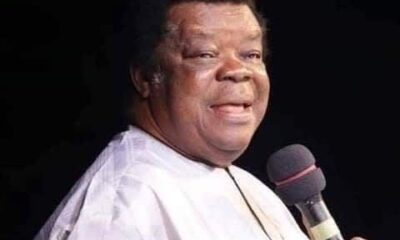
 News3 weeks ago
News3 weeks ago
 Features3 weeks ago
Features3 weeks ago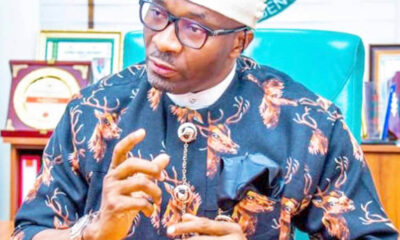
 News3 days ago
News3 days ago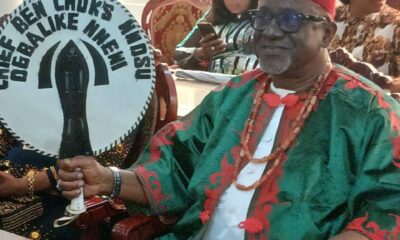
 Features5 days ago
Features5 days ago
 News2 weeks ago
News2 weeks ago
 News4 weeks ago
News4 weeks ago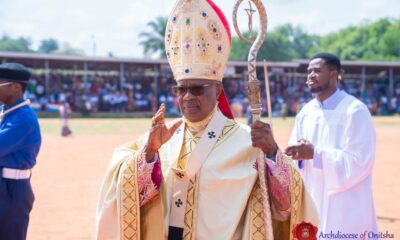
 Uncategorized2 weeks ago
Uncategorized2 weeks ago
 Entertainment2 weeks ago
Entertainment2 weeks ago

